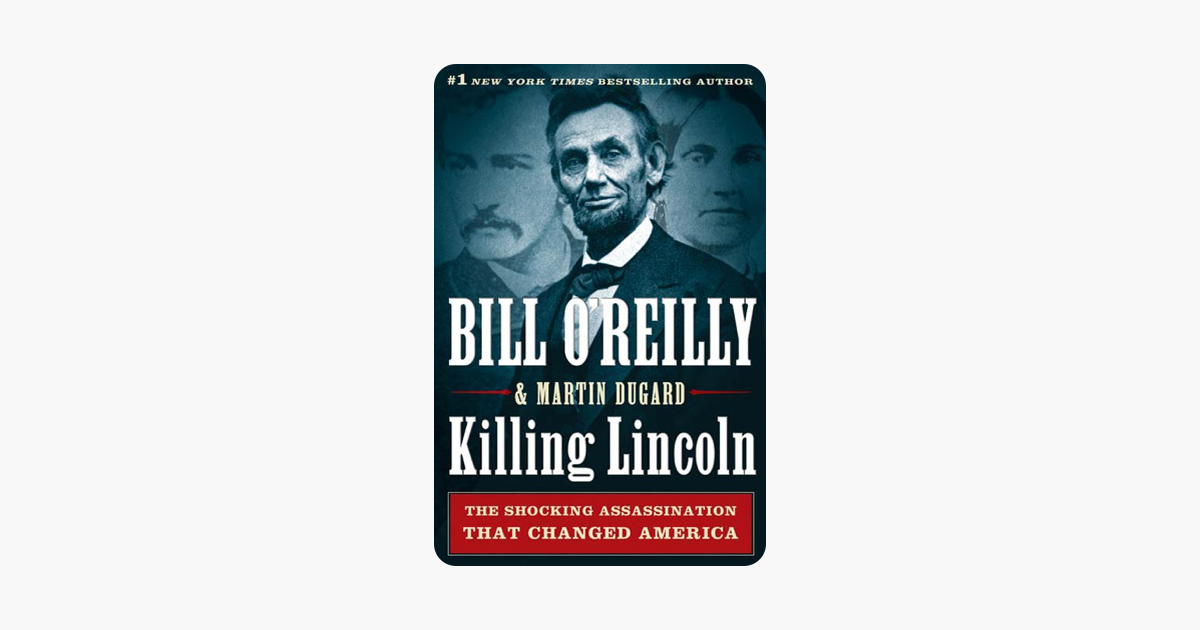By Bill O’Reilly and Martin Dugard
St. Martin’s Griffin, 2011, 324 pages
Review by Michael Beach
This is one in a series of similar books by this author duo. Each book looks at the assassination, or attempted assassination, of some famous person. The book is written as a narrative story, but pulls on the works of many historians. The first part of the book concentrates on the ending battles and scenes of the American Civil War. Interactions of generals and troops north and south, as well as Lincoln’s actions shed light on an important part of our history. John Wilks Booth and his fellow conspirators are addressed only lightly in the first half of the chapters. When they are spoken of the depictions at times relate to the war and its leading figures, other times their lives seem to have little to do with larger historical events.
The second part of the book shifts and is almost the opposite of the fist. The authors now focus now shines brightly mostly on the conspiracy and its participants. Government and military leaders, including Lincoln, are still mentioned, but more from how their actions are noted and interpreted by the assassination ring.
Like many concentrated histories, many lesser-known characters are brought to light. It seems surprising to hear some of the important roles played by people you never learn about in formal history classes growing up. These stories make the history less sterile, more human, and more believable. This certainly was a sad chapter in human history, not just because of the presidential murder, but also to see how the war effected the psyche of Americans on both sides. All involved saw their deeds as necessary evils, but some were really evil. Personal motivation is at the heart of what makes one willing to sacrifice, as opposed to those who use the same language in their willingness to sacrifice others for personal benefit.
I don’t know how much of this book is accurate. It seems as likely true as any other history I’ve read. My personal feelings on history, or even documented contemporary events, is that they are all colored by the original sources. Original sources are also colored by those who create them. My guess is this book represents a reasonable proximity to what actually happened. It says a lot about both the highest and lowest of human motivation and choice.




 RSS Feed
RSS Feed